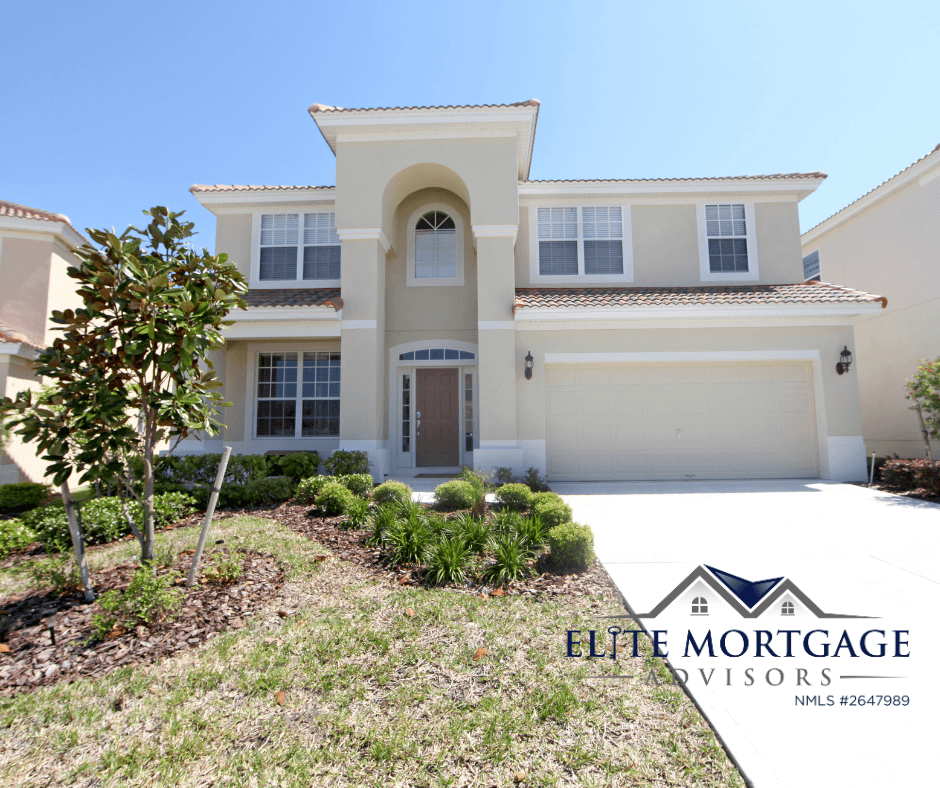Navigate the Buy vs. Rent Decision: Your Path to Smart Homeownership Choices
Choosing whether to buy or rent can be tough. Discover key insights to help you make informed decisions and find the best path to homeownership.

When it comes to finding the right place to live, many people face a big decision: should they buy a home or rent one? This is a crucial choice that can impact your finances, lifestyle, and future. Whether you're imagining the comfort of a home you own or the flexibility of renting, understanding the pros and cons of each option can help you make a smart decision.
Let’s explore both paths in detail, considering all the nuances that come with buying or renting a home. This journey will empower you to choose what works best for you and your financial future.
First, let’s look at the renting option. Renting can often feel like a simpler choice. When you rent, you typically sign a lease for a set period, often one year. This arrangement gives you the flexibility to move when your lease ends, making it easier if you need to relocate for work or personal reasons. One of the most appealing aspects of renting is that you do not have to worry about maintenance costs. If something breaks, such as a leaky faucet or a faulty heater, it’s usually the landlord’s responsibility to fix it.
Additionally, renting often requires less upfront cash compared to buying. When you rent, you usually need to pay the first month’s rent and a security deposit. This is often much less than the down payment required for purchasing a home. For many, this is an attractive feature, especially if you are still saving for that down payment or if your financial situation is not yet stable.
However, renting does come with some downsides. One of the most significant drawbacks is that you are not building equity. When you pay rent, you’re covering your landlord’s mortgage and helping them build their wealth, not yours. Over time, rent can increase, and you may find yourself paying more for a space that feels like it is not truly yours.
Now, let’s shift our focus to buying a home. Homeownership can be a rewarding experience, offering a sense of stability and belonging. When you buy a home, you are investing in an asset that can grow in value. In many cases, this growth can lead to financial security, especially if property values increase over time. Homeownership also allows for tax benefits, such as mortgage interest deductions, which can help reduce your tax burden.
Another great aspect of owning a home is the freedom it provides. You can make changes to your living space without needing permission from a landlord. Want to paint the walls, renovate the kitchen, or add a garden? The decisions are yours to make! This sense of control can turn a house into a home, reflecting your style and preferences.
However, buying a home isn’t without its challenges. The process of purchasing a home can be complex and sometimes overwhelming. You need to consider the down payment, closing costs, and ongoing expenses like property taxes, insurance, and maintenance. It’s essential to have a financial plan in place and to be prepared for these responsibilities.
Additionally, once you own a home, it can be harder to relocate quickly. If a new job opportunity comes up in another city, you may find yourself tied down by your mortgage. Selling a home can take time and resources, so flexibility is often reduced compared to renting.
So how do you navigate this significant decision? The first step is to assess your current situation. Consider your financial health. Do you have enough savings for a down payment if you’re thinking about buying? Understanding your budget is crucial. Factor in not just the price of the home, but also the additional costs that come with homeownership.
Next, think about your lifestyle and future goals. Are you planning to stay in the same area for several years? If so, buying may be a smart choice. However, if you anticipate changes in your job or family situation, renting could offer the flexibility you need.
Also, consider your comfort level with responsibility. Owning a home means more upkeep than renting. Are you ready to handle repairs and maintenance? If you prefer not to deal with these tasks, renting may be the better option.
If you're feeling uncertain, don’t hesitate to reach out to a mortgage professional who can help guide you through the specifics based on your unique needs. A knowledgeable mortgage loan officer can walk you through various scenarios, helping you understand your financial options and the implications of either choice.
In addition, think about the community you want to live in. Research neighborhoods to find a place that fits your lifestyle. Are you looking for a bustling area with lots of activities, or do you prefer a quieter suburban environment? Each option can impact your overall happiness, so take the time to explore what feels right for you.
Ultimately, the buy vs. rent decision is deeply personal and varies for everyone. It's about weighing the benefits and drawbacks of each option while considering your financial situation and lifestyle choices. Remember, there’s no one-size-fits-all answer.
As you reflect on these aspects, stay optimistic! The right choice is out there for you, and you have the power to make it happen. If you’re ready to dive deeper into your specific situation and explore your options, reach out to a mortgage professional. They can provide tailored advice and help you embark on your path to smart homeownership choices today.